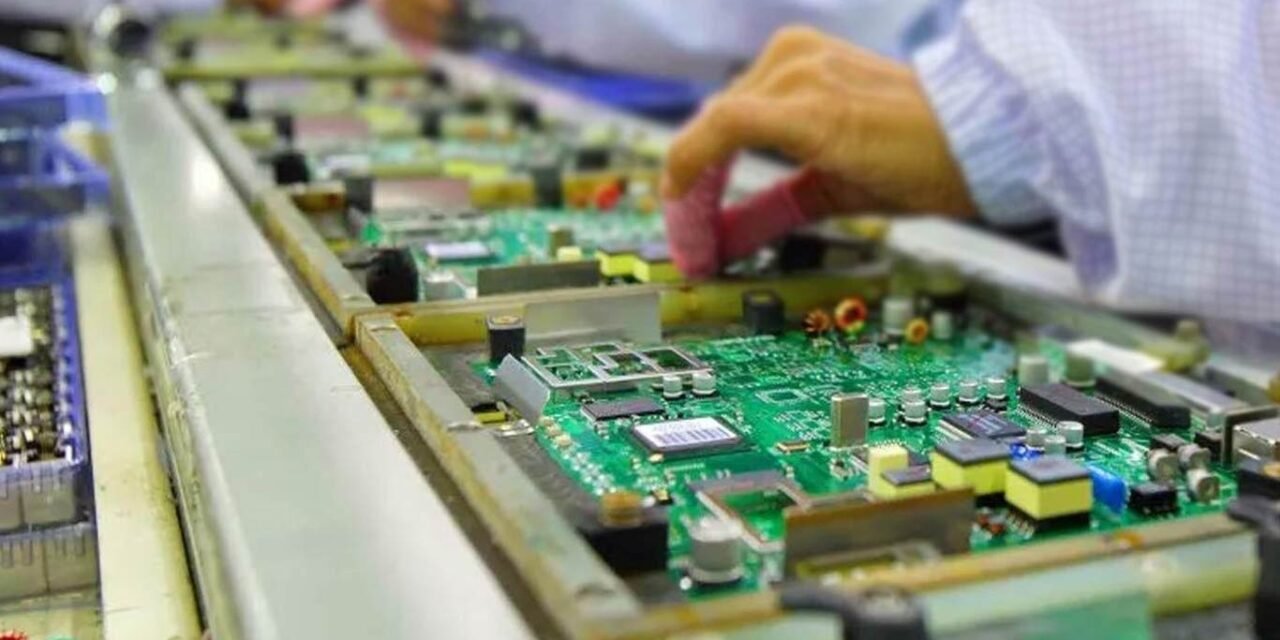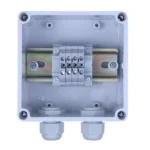In line with its ambition to become a global hub for electronics manufacturing, the Tamil Nadu government has introduced the Electronics Hardware Manufacturing Policy 2020, which has been instrumental in boosting the production of electric motors in the state. The policy focuses on developing and strengthening the electronics hardware ecosystem and encouraging investments in various sectors, including electric motors, which are critical components for electric vehicles (EVs) and other industries requiring high-efficiency motors.
Under the policy, the Tamil Nadu government is providing incentives to manufacturers of electric motors, including capital subsidies, tax exemptions, and support for infrastructure development. These measures are designed to encourage domestic production and reduce reliance on imports for electric motor components, particularly in the rapidly growing EV market. The policy’s focus on electric motor production aims to complement the state’s push towards clean energy and sustainable mobility solutions, with electric motors being integral to the performance of electric vehicles.
As part of this initiative, electronic hardware manufacturers are also encouraged to adopt advanced technologies in the production of electric motors, enabling them to meet the growing demand for high-performance and energy-efficient motors in both the domestic and export markets. The policy has already attracted major investment from global and local players, positioning Tamil Nadu as a leading manufacturing hub for electric motors. The state’s strong engineering capabilities, combined with its well-developed industrial infrastructure, make it an ideal location for companies looking to capitalize on the increasing demand for electric motors across industries like automotive, industrial machinery, and renewable energy.
The Tamil Nadu Electronics Hardware Manufacturing Policy 2020 has also led to the establishment of new production facilities and research and development centers focused on electric motor technology. These efforts align with the Indian government’s goals to promote electrification and green technology, particularly in the transportation and energy sectors. By fostering innovation and expanding manufacturing capacity, Tamil Nadu is positioning itself as a key player in the electric motor industry, contributing to India’s goal of reducing its carbon footprint and becoming a global leader in sustainable technologies.
This push towards electric motor production is also expected to have a significant impact on employment opportunities in the state, with many skilled jobs being created in the manufacturing and engineering sectors. Furthermore, the increased production of electric motors is anticipated to support India’s renewable energy goals, including the widespread adoption of electric vehicles and the growth of green infrastructure projects, driving the state’s economy toward a more sustainable and technologically advanced future.














